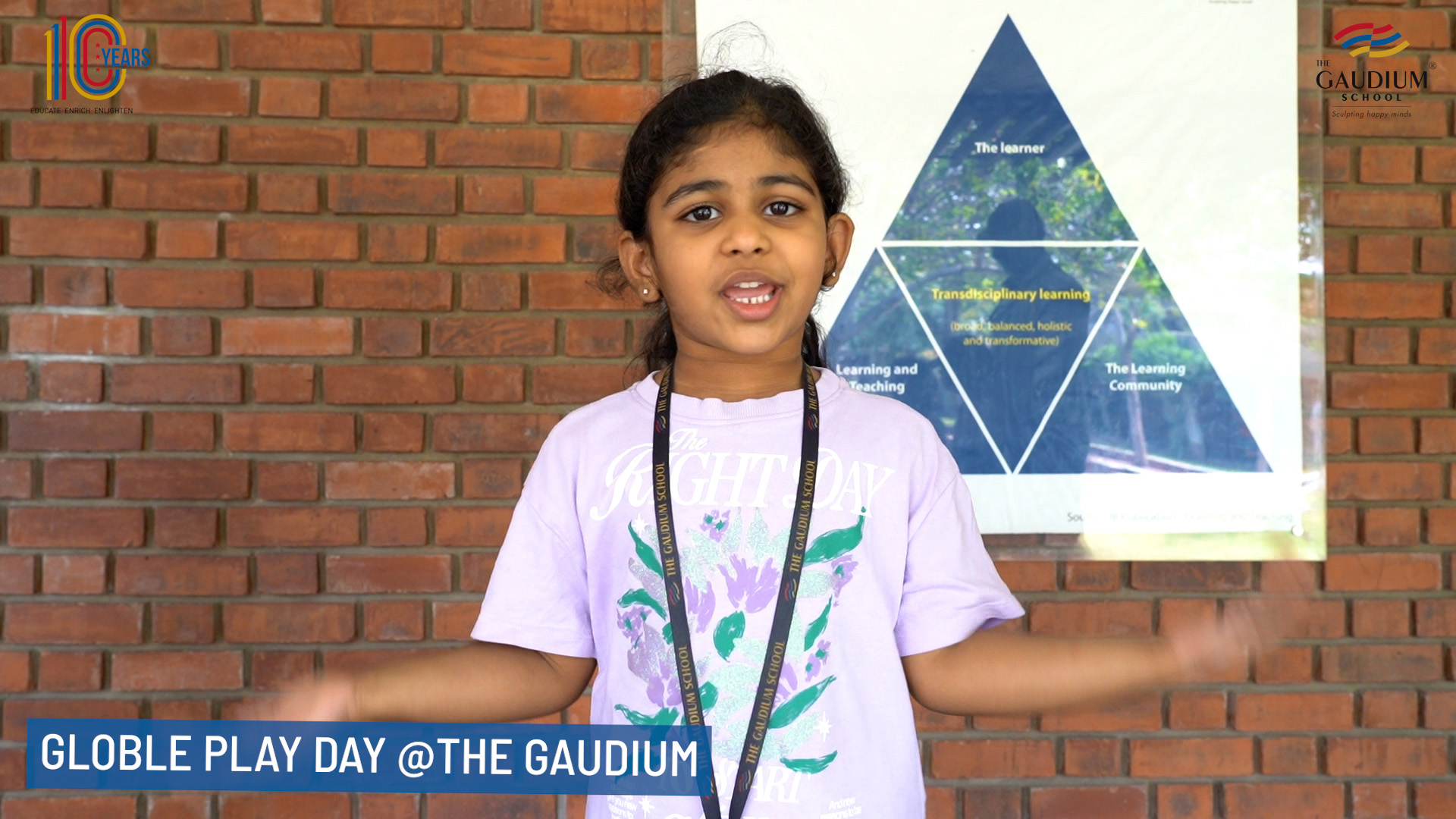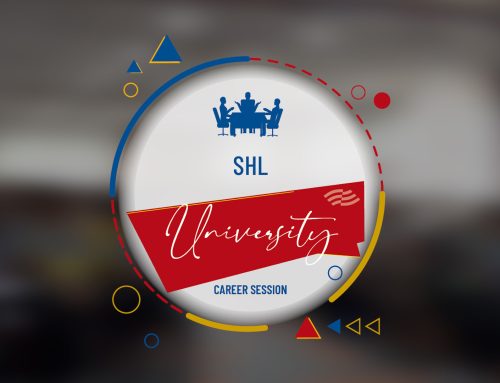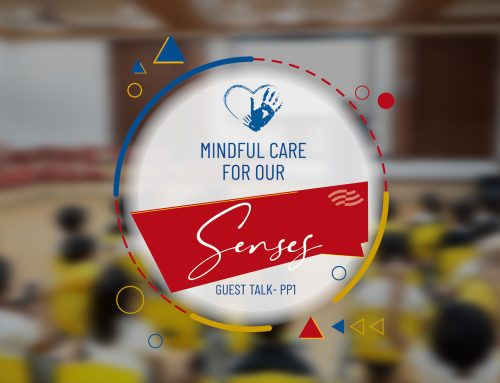Global Play Day has emerged as a transformative international initiative that champions the fundamental role of unrestricted, child-led play in young minds’ cognitive and emotional development. This movement, which has gained momentum across educational institutions worldwide, stands as a powerful counterpoint to the increasingly structured and screen-dominated lives of modern children. Research has consistently shown that when children engage in self-directed play, they develop crucial neural pathways that enhance their ability to think creatively, regulate emotions, and adapt to new situations.
At The Gaudium School, students were given the freedom to explore this essential aspect of childhood through a rich tapestry of activities that sparked their imagination and curiosity. The school grounds came alive with the sound of laughter as children engaged in traditional outdoor games like hopscotch and hide-and-seek, while others crafted elaborate makeshift forts using simple materials they found around them. These spontaneous creations became the centerpiece of imaginative storylines and collaborative adventures, demonstrating how unstructured play naturally fosters leadership skills and social cooperation.
The impact of this special day extended far beyond mere entertainment, as educators observed remarkable instances of problem-solving and conflict resolution emerging organically through play. When faced with challenges like determining fair teams for games or deciding how to share limited resources, students demonstrated remarkable creativity and diplomacy. These natural learning moments reinforced the school’s belief that play is not just a break from learning but rather a vital educational tool that helps children develop essential life skills.
The success of Global Play Day at The Gaudium School highlighted how something as simple as unstructured play can create profound learning opportunities. Students who typically struggled with traditional classroom activities found new ways to express themselves and connect with peers, while natural leaders emerged in unexpected ways through collaborative play scenarios. This experience served as a powerful reminder to educators and parents alike that amidst the pressure to achieve academic excellence, preserving time for pure, unstructured play remains crucial for raising well-rounded, creative, and socially adept individuals.






Leave A Comment